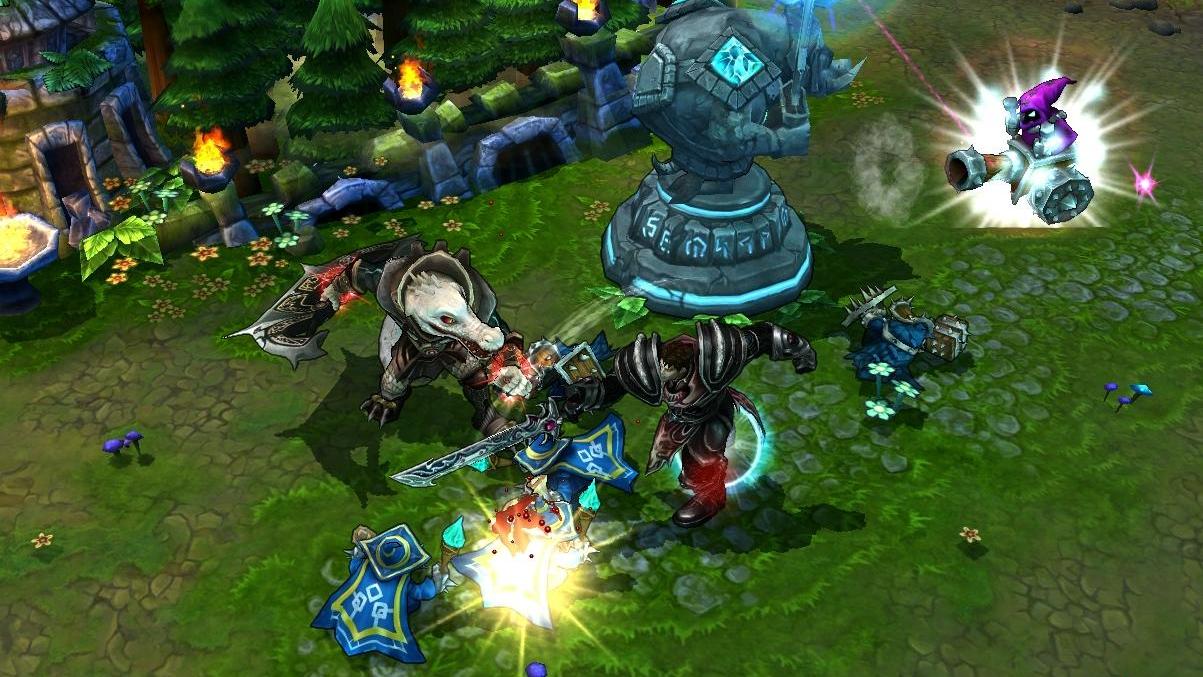League of Legends publisher Riot Games has shut down the public chat rooms for its blockbuster multiplayer online game because it has been plagued by scammers.
The company is figuring out a way to deal with unauthorized Riot Point sellers, scammers and Elo-boost spammers who are collectively making the chat rooms into a bad user experience. Private chat rooms and messaging is still available, but Riot says that it is currently creating a new persistent chat interface that can stop many of the problems.

Unlock premium content and VIP community perks with GB M A X!
Join now to enjoy our free and premium membership perks.
![]()

![]()